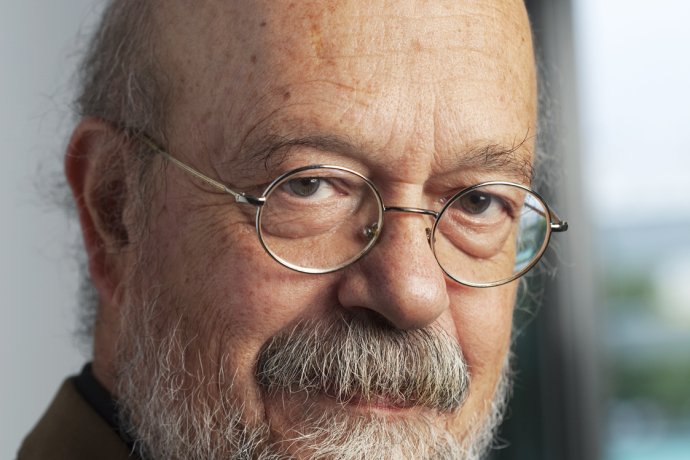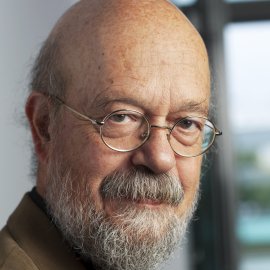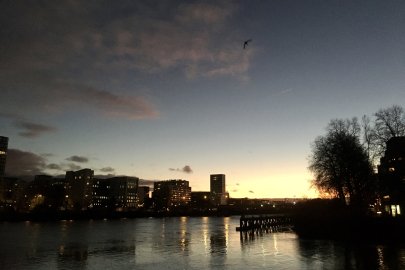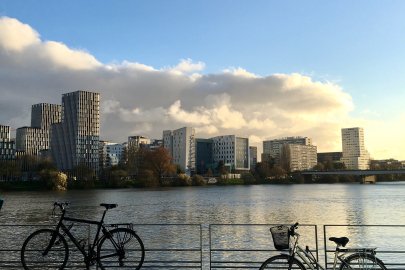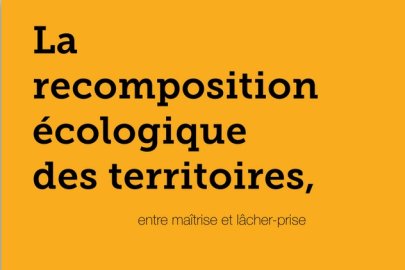Climate change, judges and citizenship
Petros Stangos
On 9 April 2024, the European Court of Human Rights issued a judgment against Switzerland that was widely commented on in the press and on social networks.
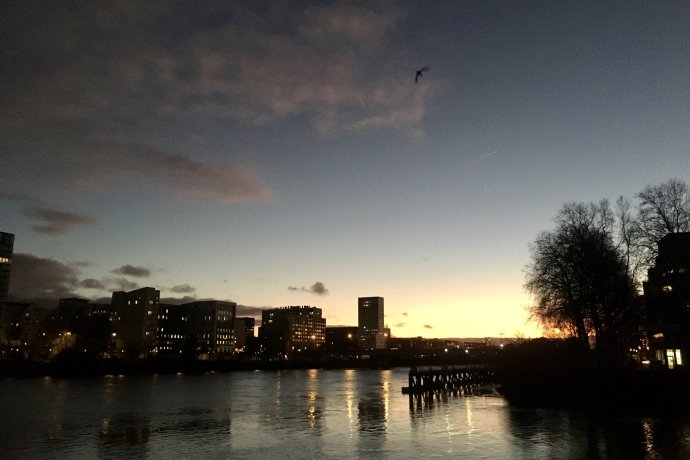
In this judgment, the Berne government was convicted of breaching Article 8 of the European Convention on Human Rights (ECHR), which protects private and family life, for failing to take sufficient measures to protect its citizens - claimants before the Court - from the effects of climate disruption. The Swiss government was accused by the ΟΝG Aînées pour le Climat Suisse, a group of 2,500 women, most of them aged over 70. The whole world saw the photos of the white-haired applicants, celebrating on the steps of the Court the judgment in which they were upheld.
Neither the ladies from the Swiss NGO, nor even the author of these lines (!), will be alive when climate change fully develops its destructive effects over the next 20 to 30 years. These effects will be felt by our children, who today (like the rest of us, i.e. the “over-70s”) are only just beginning to experience a certain upheaval in our lifestyles because of the climate change, and a certain increase in our individual and collective vulnerability to natural disasters, the withdrawal of fossil fuels, climate inequalities and the loss of biodiversity.
On the same day that the judgment in the case of Aînées pour le climat Suisse was issued, the Court declared inadmissible, for very reasonable procedural grounds, the application by six Portuguese nationals aged between 16 and 19 against 32 States parties to the ECHR, having thus made no legal pronouncement on the threat that the six young men and women said they felt they faced as a result of climate change.
Two weeks later, two renowned French academics, who are also civil society activists against the forces worsening climate conditions, reflected on climate change and future generations: from the columns of Le Monde, they called on citizens to mobilize for the forthcoming European elections and to demand that their governments and the institutions of the European Union create the post of European Commissioner for Future Generations within the European Commission. This Commissioner would act as a relay for the interests of future generations throughout the Union. To this end, he or she would be open to direct contributions from citizens and NGOs concerned by the long-term implications of the EU's climate (in)actions. Its role would be to renew the vision of Europe's future by embracing processes of citizen participation, deliberative processes and ‘futurisation’ techniques, to ensure a sustainable transition to that future.
Climate litigation at European level (both national and supranational), as well as beyond Europe (in Latin America in particular, with referrals to the Inter-American Court of Human Rights) or at universal level (with referrals to the International Court of Justice and the International Tribunal for the Law of the Sea), will accelerate in the coming years. The experience acquired in bringing climate change cases before regional or international courts has had an impact that is almost exclusively confined to the sphere of mass communication. However, this dispute involves something much more serious than the reduced applicability of the court judgments in question.
In fact, the more the courts intervene and rule in an area, the fewer important issues remain that can be taken on and resolved through citizen and democratic action. And to be more sincere and concrete: if so many problems, such as those linked to the climate crisis, are being brought before the courts, it is because citizens are not doing their part of the job properly. It is crucial to find an intergenerational balance when it comes to preventing the destruction of the climate and, in the long term, the destruction of life on the planet. Regardless of the remarkable work realized by international and national human rights judges, vigilance to improve the climatic and environmental conditions of life, both in the present and in the future, must necessarily be the responsibility of the society as a whole (or achieved through a game of checks and balances): respect for healthy and sustainable climatic and environmental conditions must be guaranteed by ordinary citizens. They will act using the arms of universal suffrage and the methods of action of civil society. This is how we can escape the vicious circle of control over the acts or omissions of States that Karl Marx described centuries ago in The Theses on Feuerbach: Who will control the controllers? Quis custodiet custodes?
